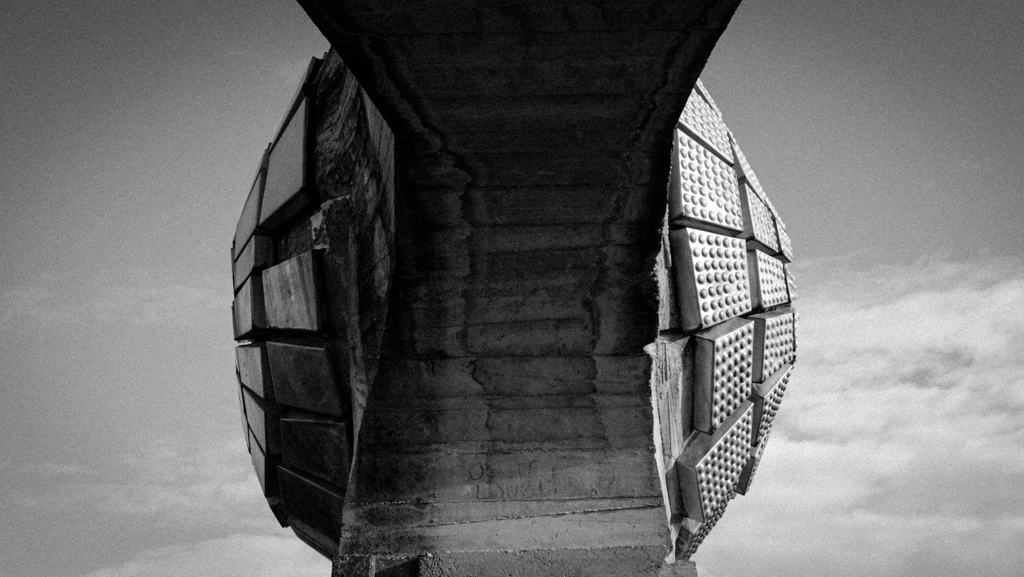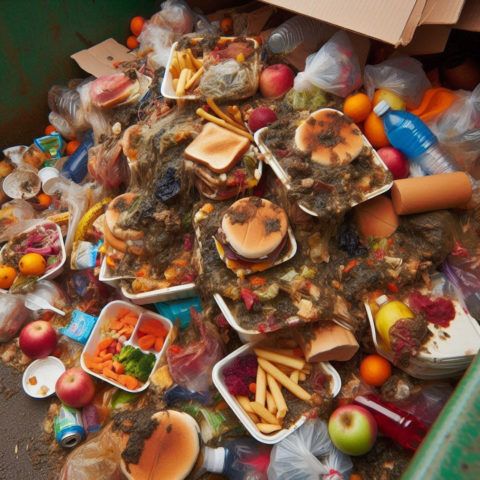CARRIE STEELE was looking forward to the trip of a lifetime when the world went bat-crazy. Now, she’s looking at the bigger picture.
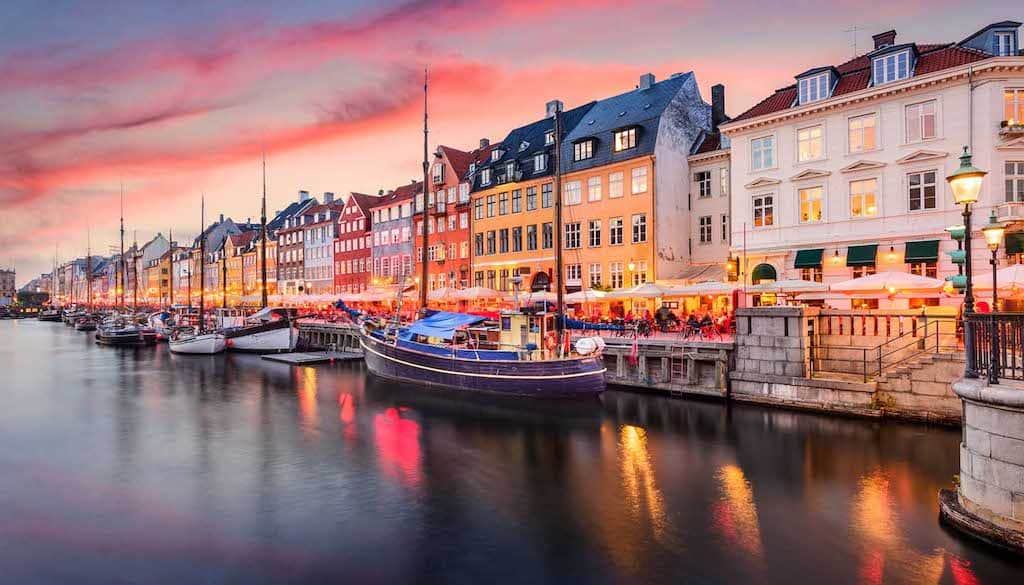
I’m feeling sad this week. I should have been jetting off to Copenhagen on Thursday – off to fulfil some more dreams, to see a part of the world I’ve not seen before.
It was a trip planned long before the current madness we find ourselves in had even evolved. I had dreams of seeing the little mermaid statue, visiting the church with the ‘ribbon’ spiral staircase on the outside on the island of Christianshavn, a thrilling climb for views over Copenhagen. Tivoli Gardens at night, a ride on the Netto boats, the Viking museum at Roskilde. Then on to Aarhus, and Bergen, and Oslo, and Stockholm. The Aros Art Museum with its rainbow panorama top storey.
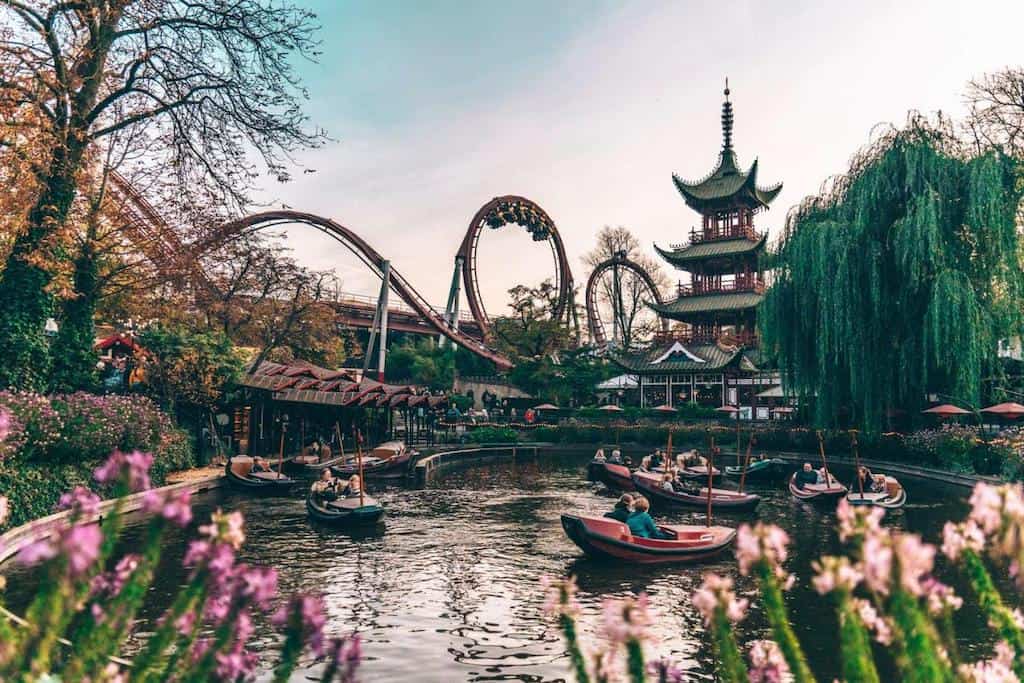
It was set to be a great trip.
A trip to Legoland, because you have to, don’t you. A visit to Veijle, to see some spectacular architecture, also being the area my husband’s one-eighth Danish heritage originates from. I couldn’t wait to stroll the Gamla Stan in Stockholm, then on to the ‘modern/urban’ city area, a visit to some iconic shops, like Illums Bolighus, to revel in some of Scandinavia’s coolest homewares. But none of that’s going to happen now. Scandinavia will be ‘re-filed’, into the cabinet of things to do, or maybe not.
A recent headline caught my eye: ‘Auckland War Memorial Museum puts call out for pandemic mementoes’. The article went on to say that the museum ‘wanted to document how the lockdown affected daily life – from how businesses have adapted to the four-tiered level restrictions to how Kiwis have connected during the crisis’. It also mentioned the shortage of flour, due to all those people who suddenly felt the need to bake, and the bulk-buying of toilet paper and panic buying of food. I’m still puzzled by the suggestion that we might need to create some sort of ‘commemorative display’ of the 5-week lockdown.

I don’t think there’s much chance that we are all going to move on from where we are now and forget about the Covid-19 pandemic, and how it’s affected our lives. I can’t see how even in our dreams we could believe that the ‘normal’ we used to know is ever going to fully return. Surely New Zealanders have lost their innocence? Any previous thoughts that what happens in other parts of the world does not affect us have been well and truly shattered of late. This time, the impending doom is global, travelling lightning fast, and we can’t just make the right consoling noises, send off some money and carry on with our comfortable lives.
I’m not going to debate whether New Zealand’s course of action so far has been the right one, because without the benefit of hindsight, and until a fairly lengthy period of time has passed – probably years – we’re not going to be able to reach any worthy conclusion on that.
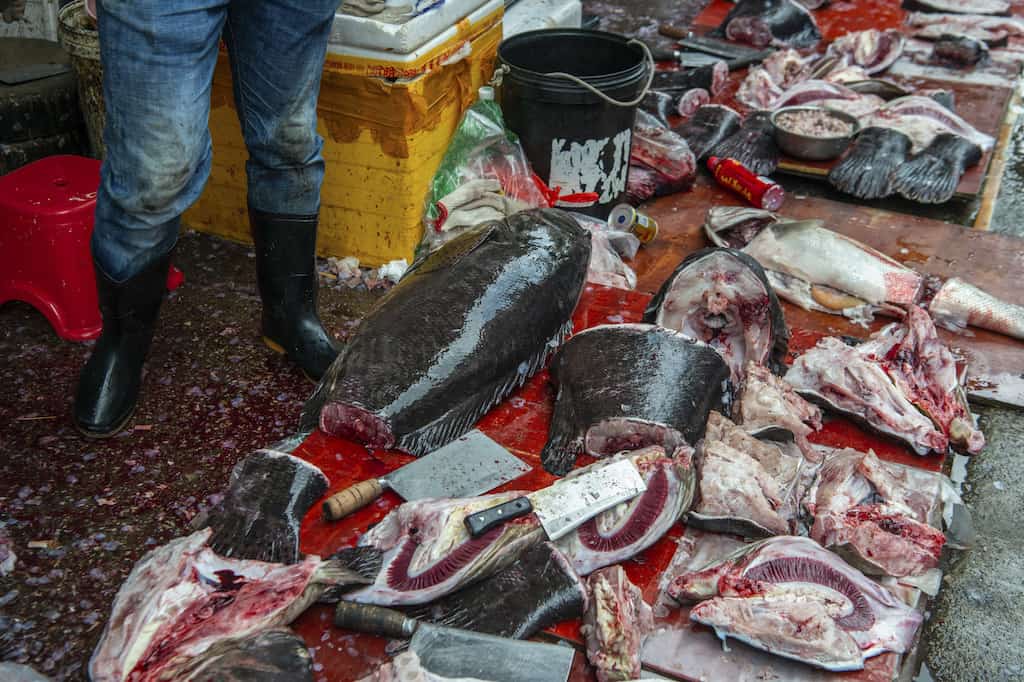
What is debatable though, is if we’ve been so busy scrambling to the high moral ground (as the country who reportedly ‘beat Covid’) that we’ve not thought enough about how and why this situation may have arisen in the first place. It certainly wasn’t an act of God. If each and every one of us has not spent some time seriously pondering the possibilities, then I think we can all be very confident that this is not going to be a one-off event that we need to visit a museum to remember.
Did this virus originate from the Huanan wet market, or ‘escape’ from either of the laboratories there, the Wuhan Centre for Disease Control and Prevention or the Wuhan Institute of Virology? Both are known to have been working on bat coronaviruses closely related to SARS-CoV-2. These questions are currently in the spotlight, and rightly so.
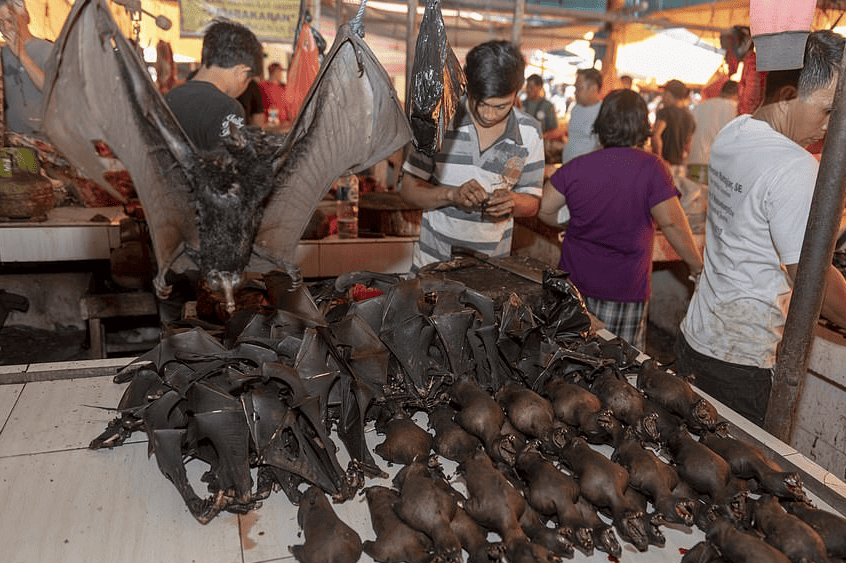
However, I’m afraid that the ‘We’re looking into it’ stance currently being taken by governments around the world may end up being a lame exercise with a dead end. While the United States Government has been aggressively chastising China by suggesting that any ‘escape of the virus’ is their fault due to some slack lab practises, they’ve been eerily quiet about the fact that the US National Institute for Allergy and Infectious Diseases, and the National Institute of Health, have given a fair few million dollars over the past few years towards funding these very projects currently underway in Wuhan. Specifically, collecting and studying bat coronaviruses.
Why is the mainstream media not looking into aspects of this research while it is in focus? Including, researching and reporting to us, the general public, about ‘Gain-of-function’ work, which as I understand it, is research that seeks to make dangerous pathogens deadlier, including altering them to make them airborne, and altering them to be better adapted to new hosts?
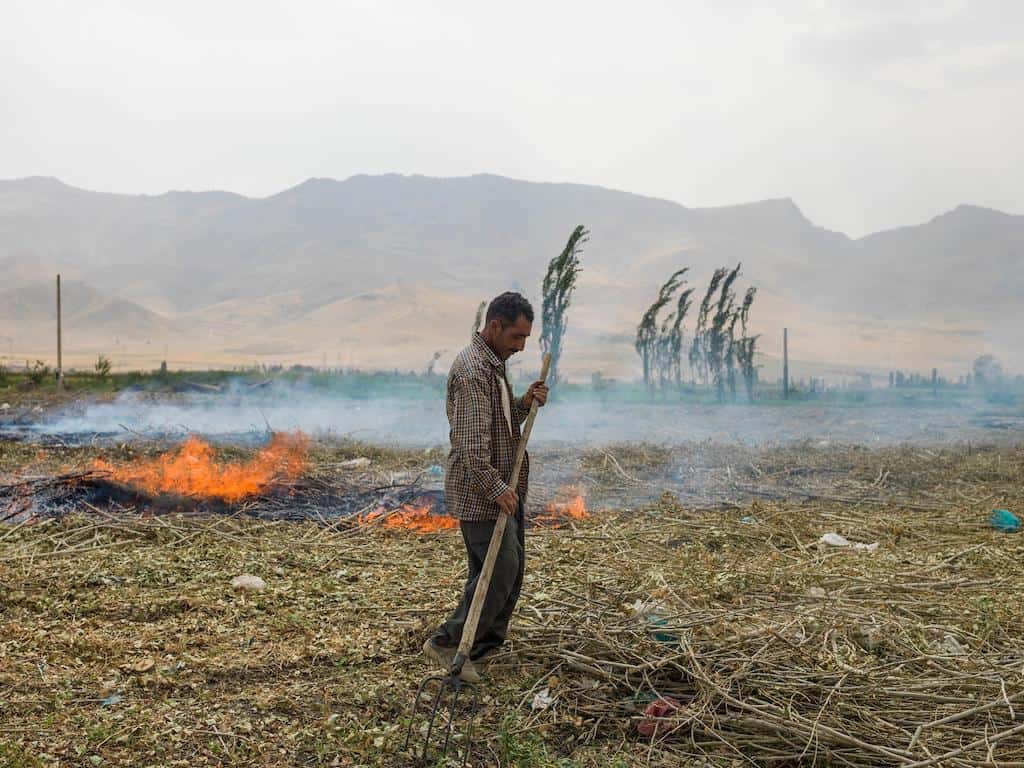
Unless you happen to be signed up to a website like GM Watch, it’s unlikely that you will see any of the science-based articles that have originated in recent months, as scientists worldwide have waded in with their well-researched arguments, often with first-hand experience of the very same projects in question. Unless we dig deep to find out whether there is any way this pandemic could have been avoided, and then listen and learn from the scientific brains who are indeed already speaking out, there will be zero chance of avoiding the next pandemic. It will be inevitable.
Sadly, I feel there will be some who henceforth go through life in a continued state of paranoia, wearing masks and avoiding interaction with strangers, seeing everyone as a source of possible infection. Equally sad will be if the other half of us simply move on when this all dampens down, as we are no doubt all fervently hoping will be the case. And that the only further thought we give to the experience of living through a pandemic ends up being that we need to keep extra flour in the pantry and more toilet paper in the cupboard. And, maybe for those people, some exhibit in the museum will be their sole reminder.
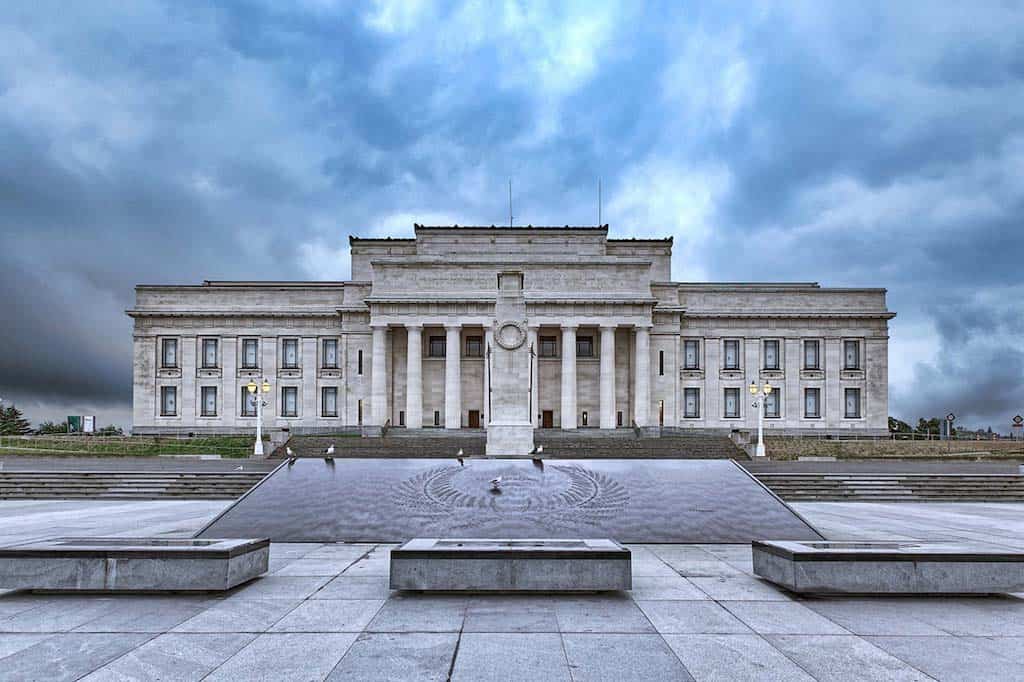
I can’t help but agonise over the fact that we can largely all compliantly adhere to the restrictions that we did during the lockdown, garnered into submission by the fear that we might catch this virus, even though the evidence suggests that only a very small percentage of us are likely to experience a serious case. Yet, on a daily basis, while faced with another very real and threatening crisis, we proceed glibly on as if there’s nothing wrong with Mother Earth, other than she’s having a few hot flushes, and we’ve not got quite so much water in the world’s aquifers.
We don’t seem to worry that the 2degree limit referred to in the Paris climate agreement may soon be woefully inadequate and in fact, impossible to achieve if we don’t actually start making radical changes very soon.
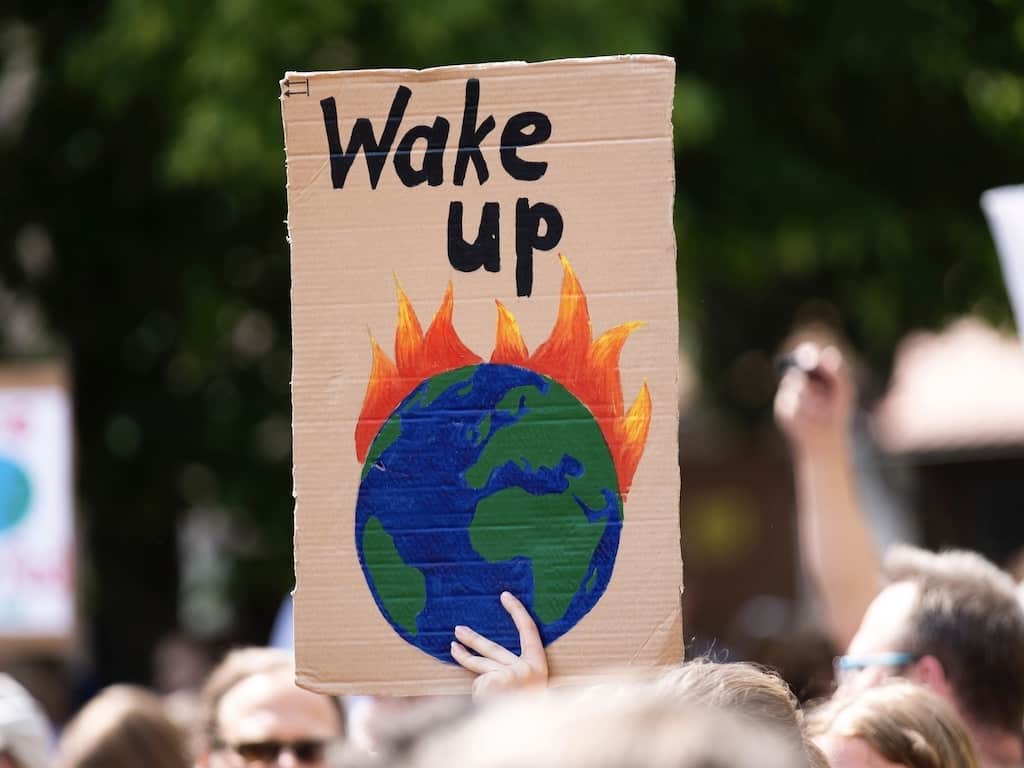
It’s no coincidence that while mankind was ‘in hibernation’ (if I can use that analogy for the global restrictions and lockdown) that Venetian canals had clearer water, nor that the Himalayan mountains once again became visible on the Indian skyline. Nor that there was notably less air pollution. None of that is coincidence, but rather it is evidence of the recovery that can take place if our way of life leaves a lighter footprint on the planet. I suggest that the evidence is likely telling us the same on both subjects, the pandemic, and the health of our planet, which is that mankind, in his endless pursuit of advancement, has become his own worst enemy.
It’s little wonder I’m feeling sad. Because while other people were busy baking and watching Netflix, I was reading about our planet, and where we’re really at, and just how fast the clock is ticking. I was joining the dots, seeing how it’s all connected, all this lurching from one catastrophe to another.
Reality has come crashing down upon me. You see, now I think that I might never stroll the Havnegade Promenade to Nyhavn, or see the little mermaid, or climb to the dome of the marble church. But I can think about that tomorrow. Today the grief is selfishly about my aborted trip.








